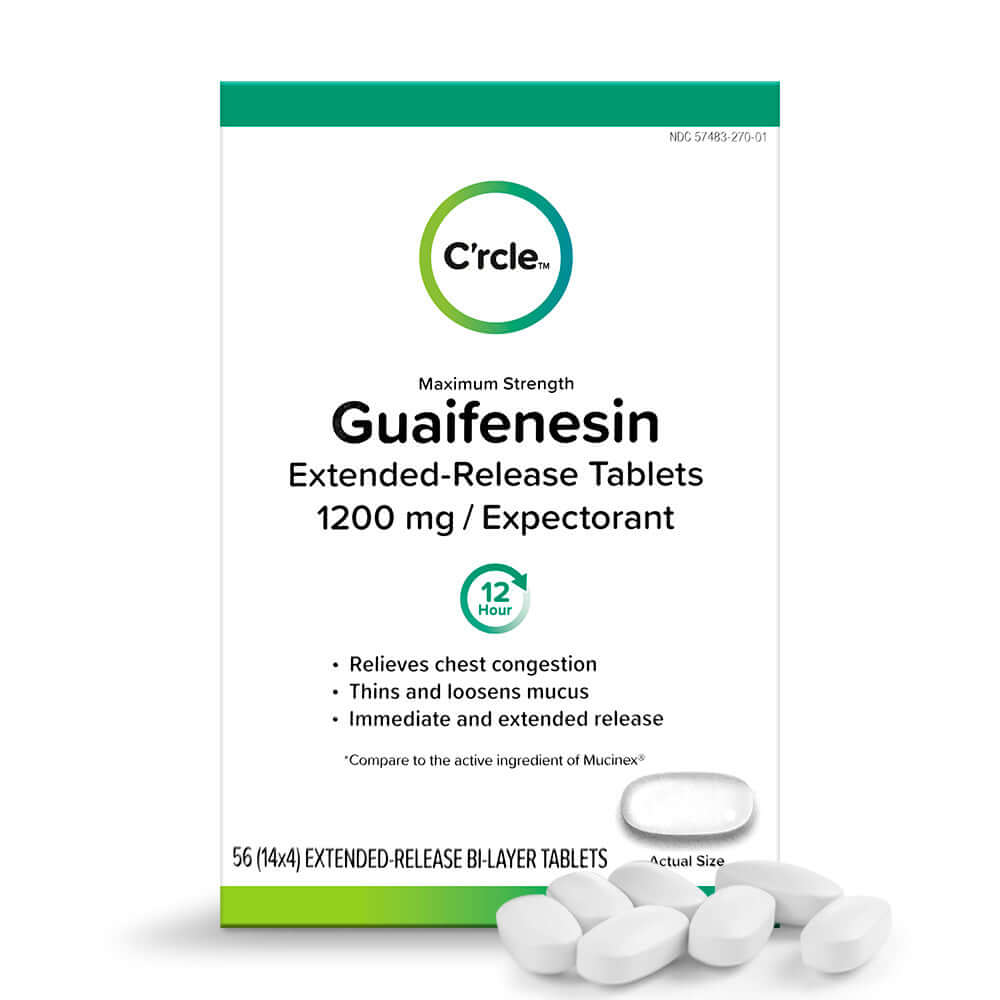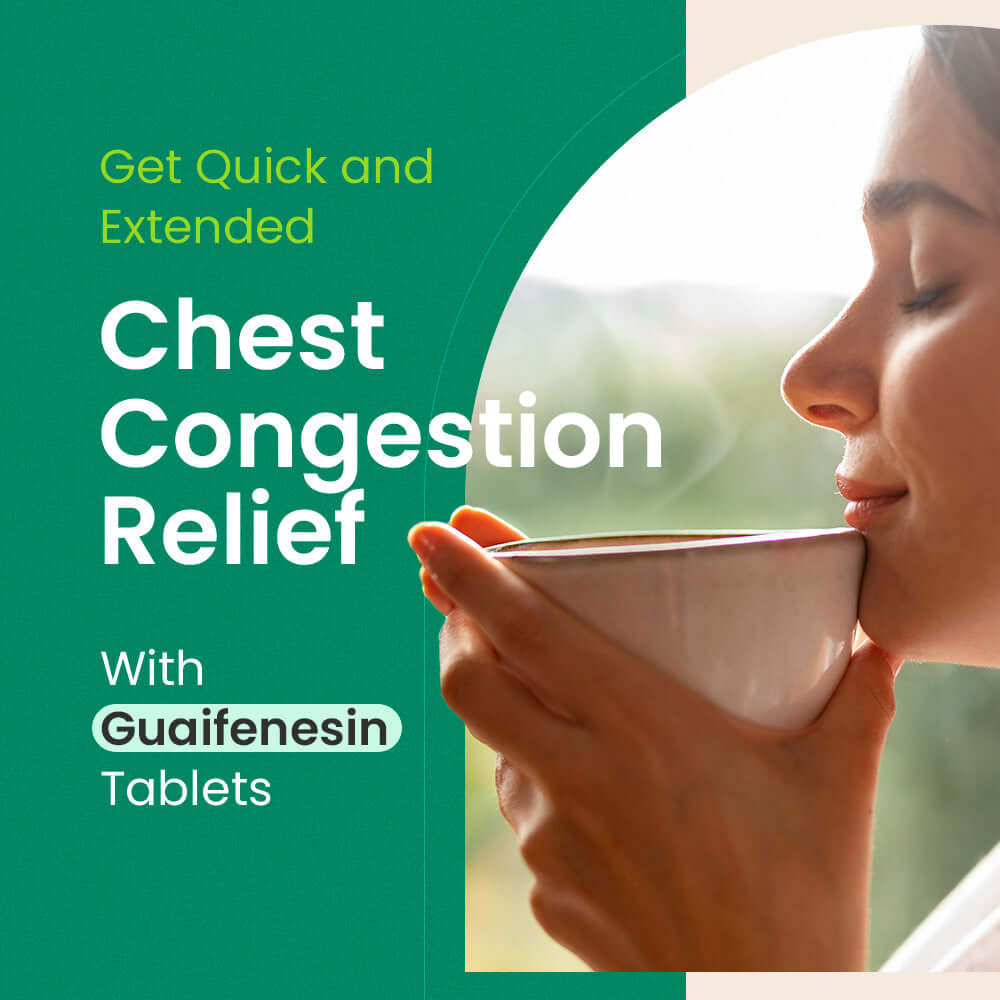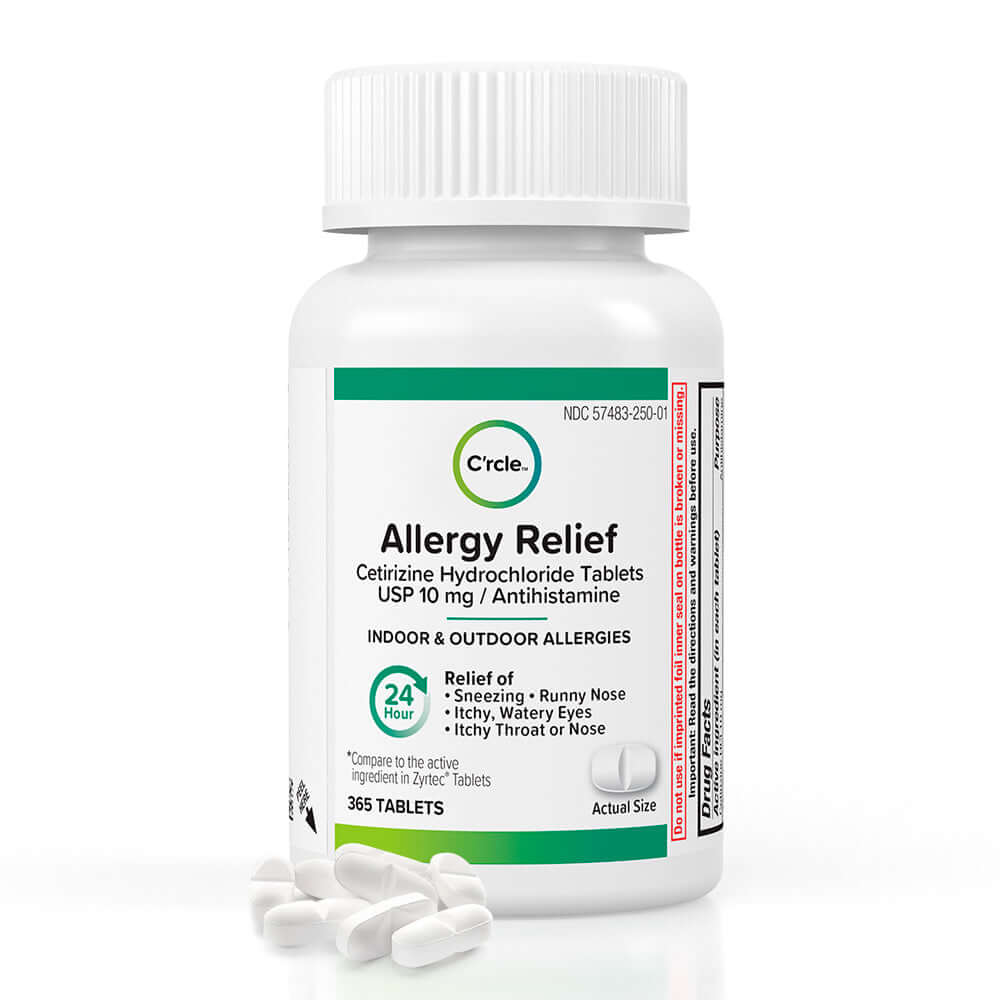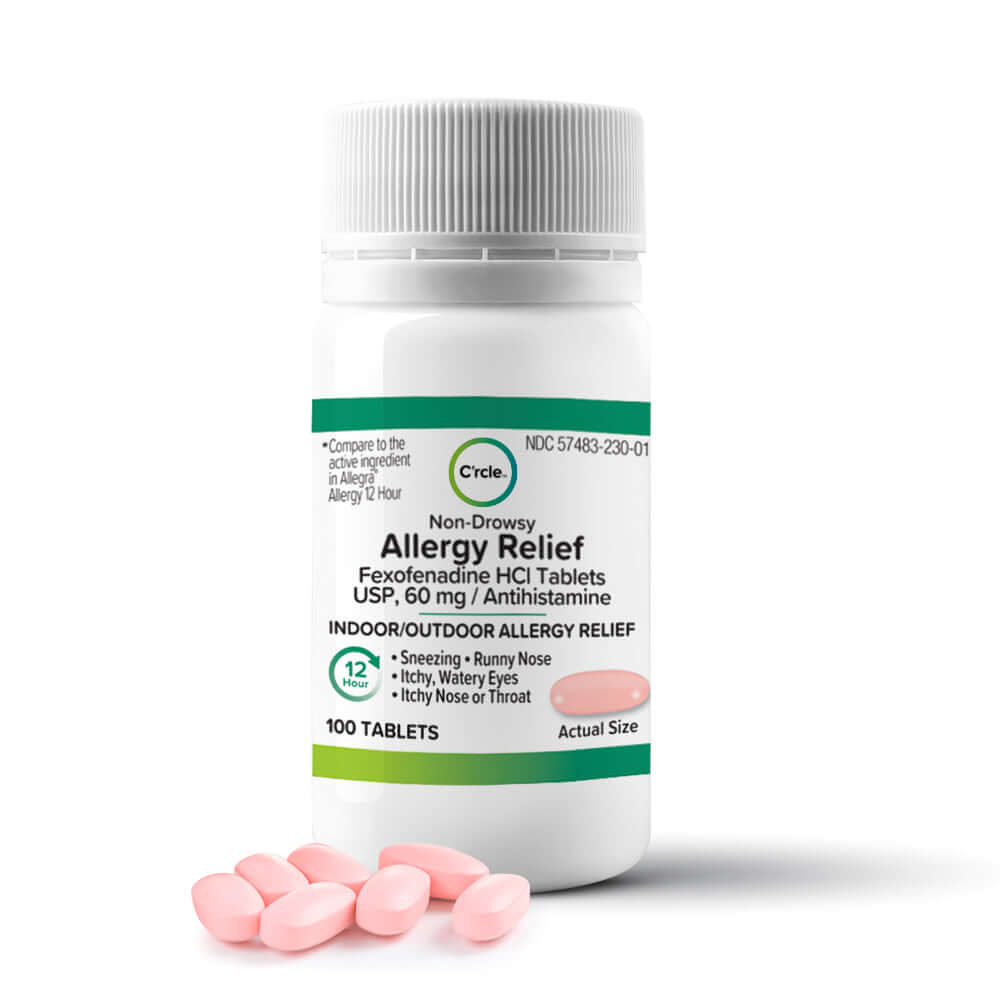a
Filter
25%
FAQ
Antihistamines are medications that help alleviate symptoms of seasonal allergies by blocking the action of histamines, which are chemicals released by the immune system in response to allergens. Histamines cause common allergy symptoms like sneezing, itching, runny nose, and watery eyes. Antihistamines work by preventing histamines from binding to their receptors, reducing allergic reactions and providing relief from allergy symptoms.
Yes, antihistamines are generally safe for use in managing seasonal allergies when taken as directed. However, it's essential to follow the recommended dosage and instructions on the medication label or as advised by your healthcare provider. If you have any underlying health conditions or are taking other medications, consult your doctor or pharmacist before using antihistamines.
Some individuals find relief by taking antihistamines preventively before the allergy season starts, especially if they have experienced severe seasonal allergy symptoms in previous years. However, it's essential to consult your healthcare provider before using antihistamines preventively, as they can have side effects, and not everyone may benefit from this approach.
The choice between non-drowsy and regular antihistamines depends on your individual needs and preferences. Non-drowsy antihistamines are designed to cause less sedation, making them suitable for daytime use, while regular antihistamines may be more effective at providing relief but could cause drowsiness. If you plan to be active or drive, consider using non-drowsy options. However, if your allergies significantly impact your sleep, a regular antihistamine taken at night might be more beneficial.














